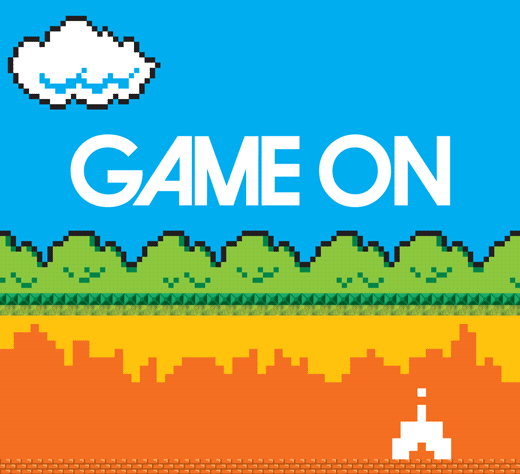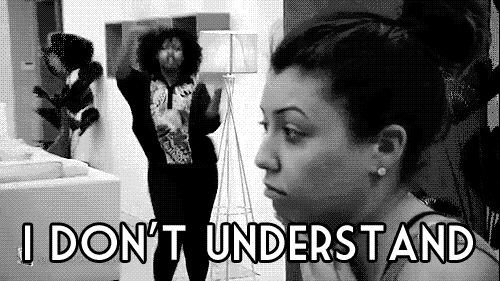1. Bordwell and Thompson state that after watching Railroad Turnbridge a person “cannot see bridges in the same way” thus experimental films are not just art for arts sake. Can/are Korsakow projects art for arts sake, or can they effect the way people see things? Or like Rail Road Turnbridge are they both at once?
Korsakow films aren’t necessarily art for just art’s sake as they provide new ways to view what we see. They give you the ability to look at something in a new light, in a way you haven’t looked at them before through non narrative film. (Richard Serra, A Translation) states that “the physical turnbridge is the support of this experience, not its subject.”
Instead of focusing on the bridge itself, we focus on the movements of the bridge and around the bridge. We begin to focus on the visual effect it has on us. I begin to forget that I am looking at the movements of a bridge, and think that I am just looking at aesthetically pleasing movements. But then I still look at bridges the same way, just because I have been presented with an alternative view of bridges, I don’t forget what bridges are about. The film is beautiful and I like what I am watching, but it doesn’t change the way I look at bridges.
I have split views on the ‘art for art’s sake’ when it comes to the Rail Road Turnbridge and Korsakow.
Firstly, I think that, well, maybe this film is just ‘art for art’s sake, same with Korsakow. We want to make things for the fun of making them and we make them to please us, they may have no meaning what so ever. I tend to find myself drawing and painting, not because I want to convey a meaning, but because that is what I feel like doing at that time. One can look at any piece of artwork and make an analysis on what the artist’s meaning was, but sometimes there just isn’t any conscious meaning behind something. And Korsakow films, in particular the one that I watched Bright Splinters was beautiful and aesthetically appealing. And maybe that’s all it is.
But then I think, well, maybe it isn’t ‘art for art’s sake’.
If an emotion and response is provoked from the Korsakow, or any form of art, then it has done its role in connecting with people. Railroad Turnbridge was created with the purpose of making us look at something differently, and just because it is aesthetically pleasing to watch, does that make it meaningless?
I don’t think I can make up my mind, so I guess I shall just go about my days, until I can decide.









